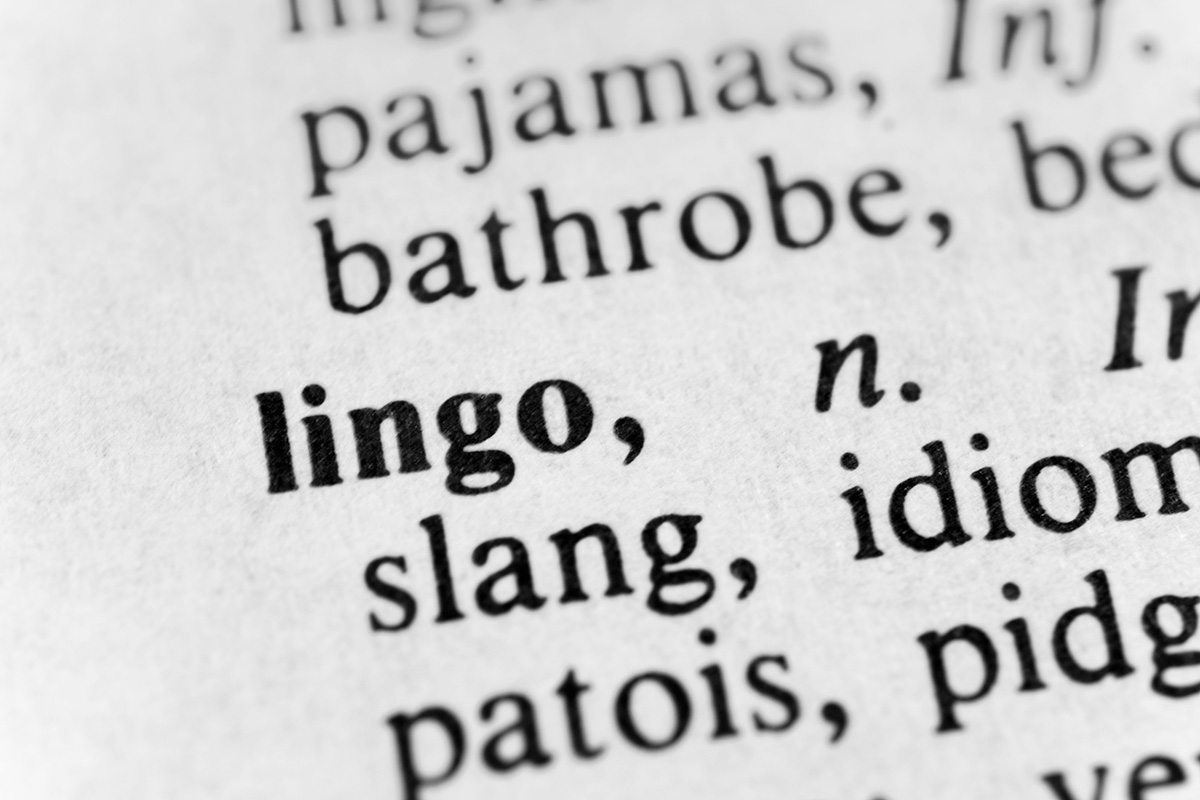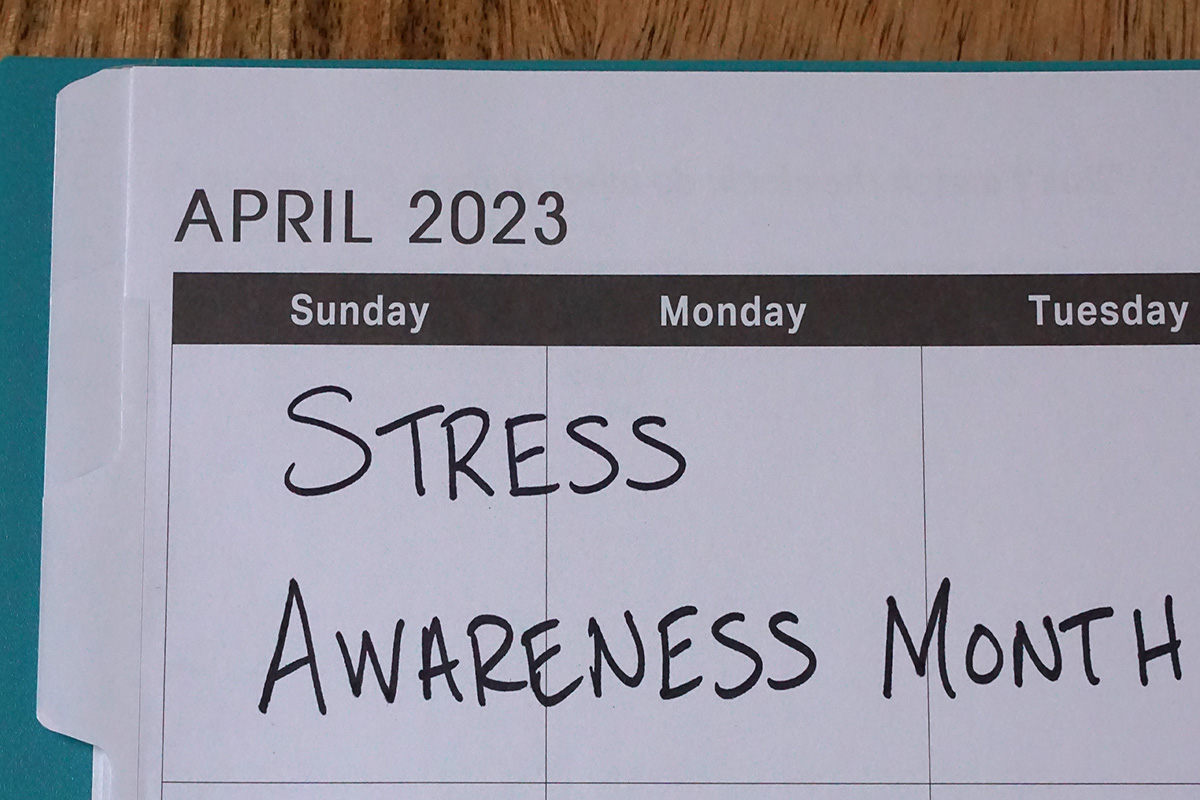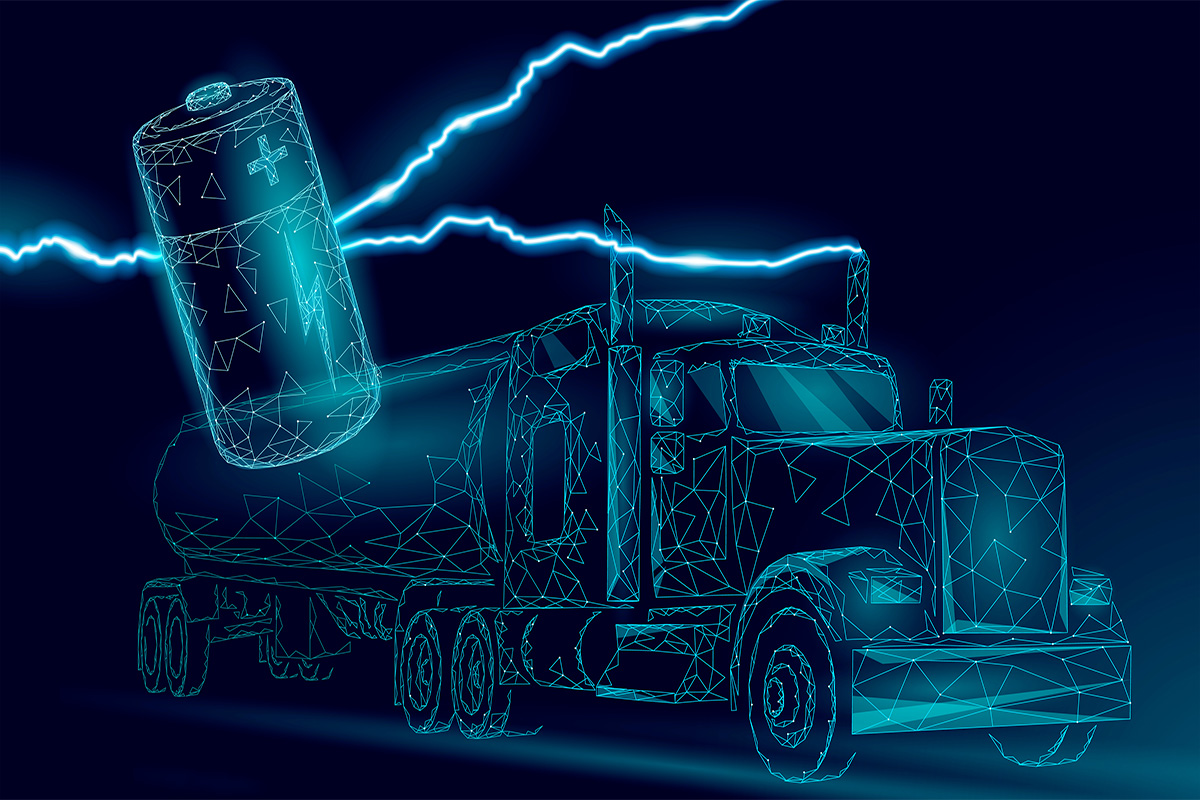February 15, 2022
Common Truck Driver Lingo and Jargon
At a truck stop diner along a busy highway, four men sit together in discussion, sipping cups of coffee. It’s clear who they are from the hats, beards, and things they’re saying. They are truck drivers, the unsung heroes of the roads that bring us everything from the clothes on our backs to the juice in our cups. One of them says, “Did you hear Jim got an alligator in Derby City on his backslide and got pressed by an Evil Kenevil?”
Truck Driver Lingo: A Language On and Off the Road
Curious travelers at other tables listen to what’s almost a foreign language. Maybe they’ll never find out that the truckers were talking about Jim’s blown tire in Louisville, Kentucky, and how he had to deal with a motorcycle cop, but that’s ok because trucking is a world of its own. To speed up communication between drivers and others on CB radios, certain lingos, and jargons like these and others became so common that truckers started using them amongst each other at places like the truck stop diner. Cellphones, Bluetooth devices, and the truck driver shortage may make CB lingo obsolete, but a language created by those spending so much of their lives on the road is something worth checking out.
Common Truck Driver Lingo and Codes: The Language of CB Radios
For truckers of the past and some today, the CB radio effectively communicated between drivers and dispatch personnel. Terminology and codes usually consisting of numbers were created to get a quick and straightforward response across the radio without tying up comm lines for too long. The list of codes is long, but the most known remain to be:
10-4: Message Received. This code has become so common that it is used in everyday conversations not involving a CB radio. Saying 10-4 after being given a task or command ensures the command giver that the message has been received and acknowledged.
Quick Note: 10-4 does not mean YES for CB radio communication. Instead, say AFFIRMATIVE.
10-20: What’s your location. Other drivers and dispatch personnel use this code when finding out where a driver is. Outside of the CB radio world, the code 10-20 can be said as, “What’s your 20?” to find out someone’s location.
10-100: Bathroom Break. Although this code technically means a break from radio communication for a certain amount of time, it soon became known as a code for needing the john.
Other Truck Driver Lingo and Jargon Off the Road
Aside from CB radio codes, specific terminology was used for truckers on and off the radio for particular encounters. With these lingos and slang words, truck drivers could create what seemed like a language of their own. Trucker argot, or the jargon of a particular group of people, defined the true drivers and proved that the world of trucking, particularly long-haul trucking, had a culture of its own. The next time a truck stop diner comes along, and a group of truckers are complaining about swindle sheets or a Kojak with a Kodak, know they’re talking about trucker logs and cops with radar guns.
Having a trucking job is different today than 30 years ago, but just like family traditions are passed down through generations, passing down traditions like radio lingo is a great way to keep the truck driver culture alive and thriving.



